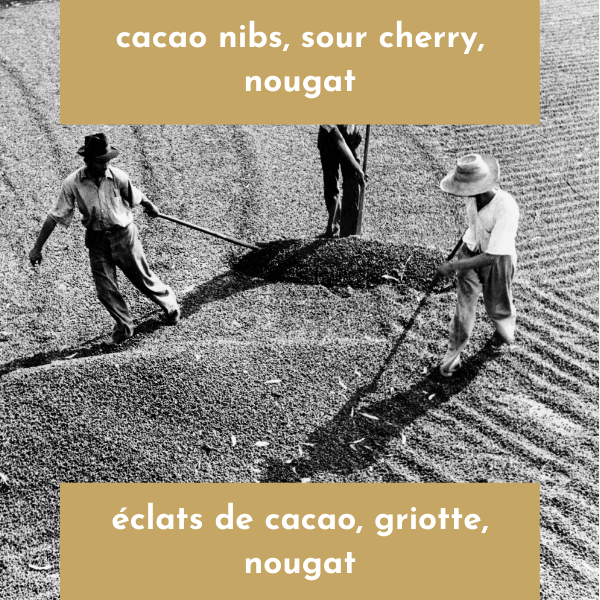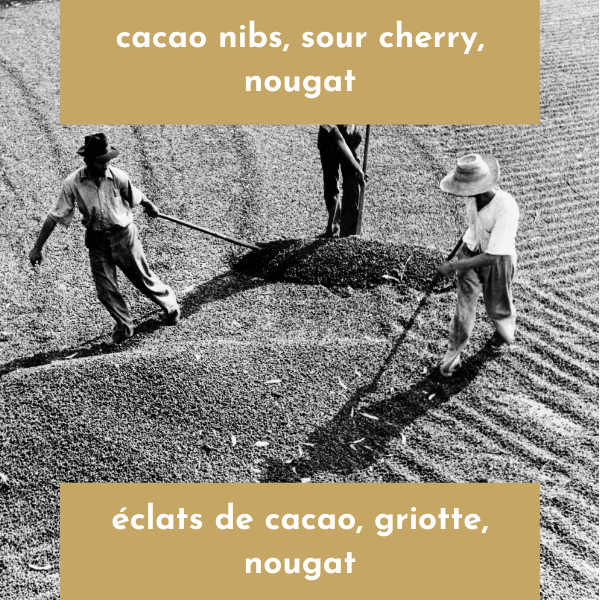Torréfacteur Neon Coffee Roasters
Wholesale Daterra Low-Caf Reserve - Brazil
Wholesale Daterra Low-Caf Reserve - Brazil
Couldn't load pickup availability
Natural Low-Caffeine Varieties
Patrocínio, Minas Gerais
Flavour notes: cacao nibs, sour cherry, nougat
Varieties: Laurina and Aramosa
Altitude: 1200m
Located the state of Minas Gerais, Daterra is one of the most renown farms in Brazil, producing coffee with a commitment to both quality and sustainability. All of Daterra's coffees have been Rainforest Alliance certified since 2003, meaning that the coffee is grown on a farm wherein wildlife is conserved, forests, rivers and soil protected, and where its workers are paid decently, and given access to medical care and education.
Aramosa is a pre-cultivar, meaning its genetics are still being studied. Daterra has been researching Aramosa for many years together with the Agronomic Institute of Campinas; the farm even has its own exclusive Aramosa plants! Aramosa is a cross between Coffea Arabica and Coffea Racemosa. This crossbreeding was done to blend the low caffeine and drought resistance of Racemosa with the flavour of Arabica. Since the plant produces less caffeine, the beans always taste very sweet, floral, and devoid of any bitterness. However, low-caffeine coffee plants are incredibly rare since caffeine acts as a protection against coffee plant pests and diseases. This makes the Aramosa varietal extremely hard to grow as it naturally contains only 0.3-0.7% caffeine (regular Arabica coffee has up to 1.8%).
Laurina is a rare, low-caffeine variety of Arabica coffee that has its origins on Réunion, near Madagascar. This coffee, which has only ⅓ of the caffeine of regular Arabica coffee, which gives the coffee its sweet taste (caffeine having a bitter taste). It is also known as Bourbon Pointu, so named for both its island of birth (the island of Réunion was formerly called Bourbon) and the elongated and pointed shape of the coffee. In nature, caffeine essentially acts as a coffee plant's inherent insecticide. So as Laurina has less caffeine, it makes it more challenging to grow and harvest, leading to the variety’s scarcity and well merited fanaticism.
The Fermentation Process: Pulped Natural
After being harvested at peak ripeness, the coffee cherries are pulped, leaving the mucilage, and then dried for 6 days on a drying patio, followed by 30 hours in controlled dryers (22°C Max. - 8°C Min.) in order to achieve optimal moisture.
The FOB price we paid for this coffee was 12.65 USD$/kg.
The FOT price we paid for this coffee was 17.00 USD$/kg.


